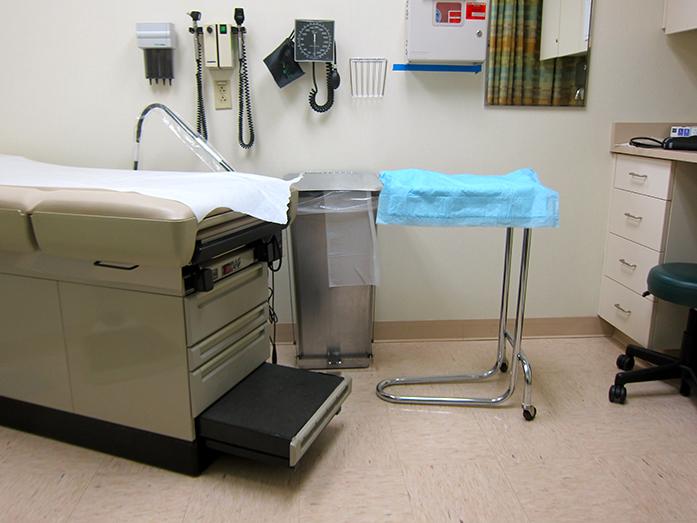Hannah Soyer
[email protected]
Alan Pean, 26, checked himself into a hospital in August 2015 seeking treatment for an episode he was having relating to his bipolar disorder. But instead of receiving help, he was shot in the chest by a hospital guard.
The shot wasn’t fatal, but it did require extensive care and a longer stay in the hospital. It also raised the question of the place of guns in hospitals, a question that needs to be answered when we consider that the person who went to the hospital seeking help ended up being injured seriously (and not because of any sort of medical negligence, which is also serious) because of a downright act of violence.
The nurses attending Pean summoned hospital security after he refused to have his hospital gown fastened. After security arrived, a scuffle was soon heard in the room, and nurses came in to find Pean shot in the chest, the bullet narrowly missing his heart. One of the officers had a cut on his forehead and was being helped onto a stretcher but was otherwise unharmed, certainly not injured in a way that had the possibility of being fatal.
RELATED: When voting, consider those with disabilities
Pean may have been a danger to himself and to others, as is evidenced by the cut on the officer’s forehead, which is assumed to be caused by Pean. However, why did the officer feel the need to use deadly force in the first place? Did the situation really warrant the use of a gun? And on that note, why do hospital security guards even carry guns? If patients seem to endanger themselves and others, why not have a sedative they can use instead?
What perhaps makes this story even crazier is that the security guard officers used a Taser on Pean first but still decided to fire a bullet into his chest. Studies have been done to determine the safety of Tasers, as people have been killed from being repeatedly shocked by them, but they are without a doubt less harmful than guns.
If we want to get all Second Amendment on this issue, then sure, maybe the guards have a right to defend themselves. I understand that the guards’ role is to protect the other patients. What I don’t understand, however, is why we have jumped to the conclusion of guns when thinking about ways to protect each other and ourselves.
On top of this, Pean being shot is not the first instance of a hospital patient being shot by a guard. Another patient dealing with mental-health problems was shot by a security guard the same day as Pean was, in Ohio, and another patient with bipolar disorder was shot last month by a hospital security guard in Virginia.
There’s a sick sort of irony in someone going to the hospital to receive treatment to become healthier but instead being harmed. According to a survey by the International Association for Health Care Security and Safety, a 40 percent increase in violent crimes was reported at health-care institutions from 2012-2014, with more than 10,000 incidents directed at employees. Clearly, some sort of security is needed. Guns, however, should not be this security.



